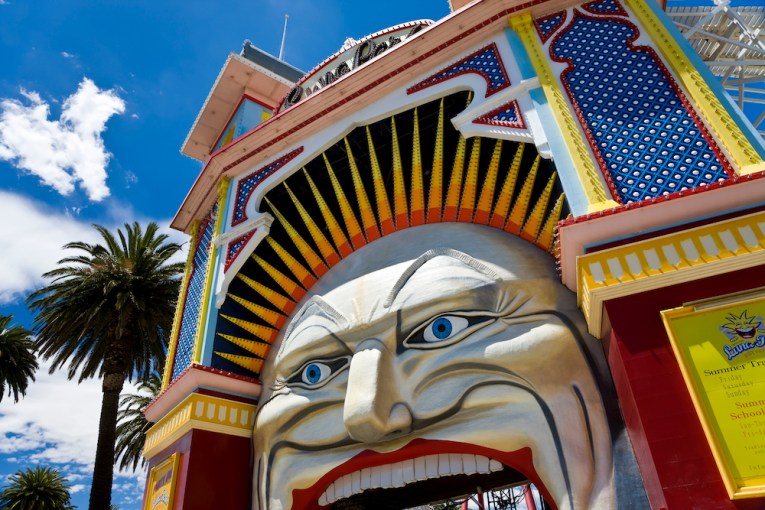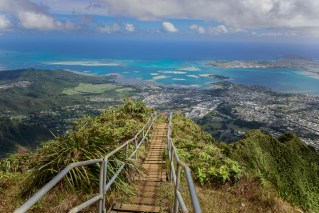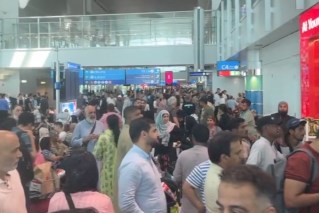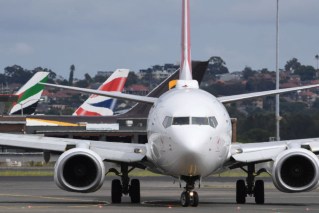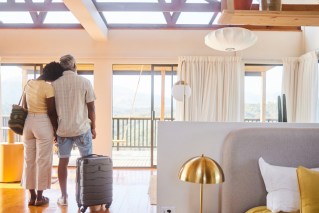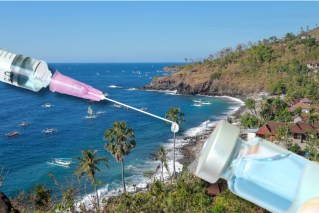Virgin owners don’t want ‘budget’ service
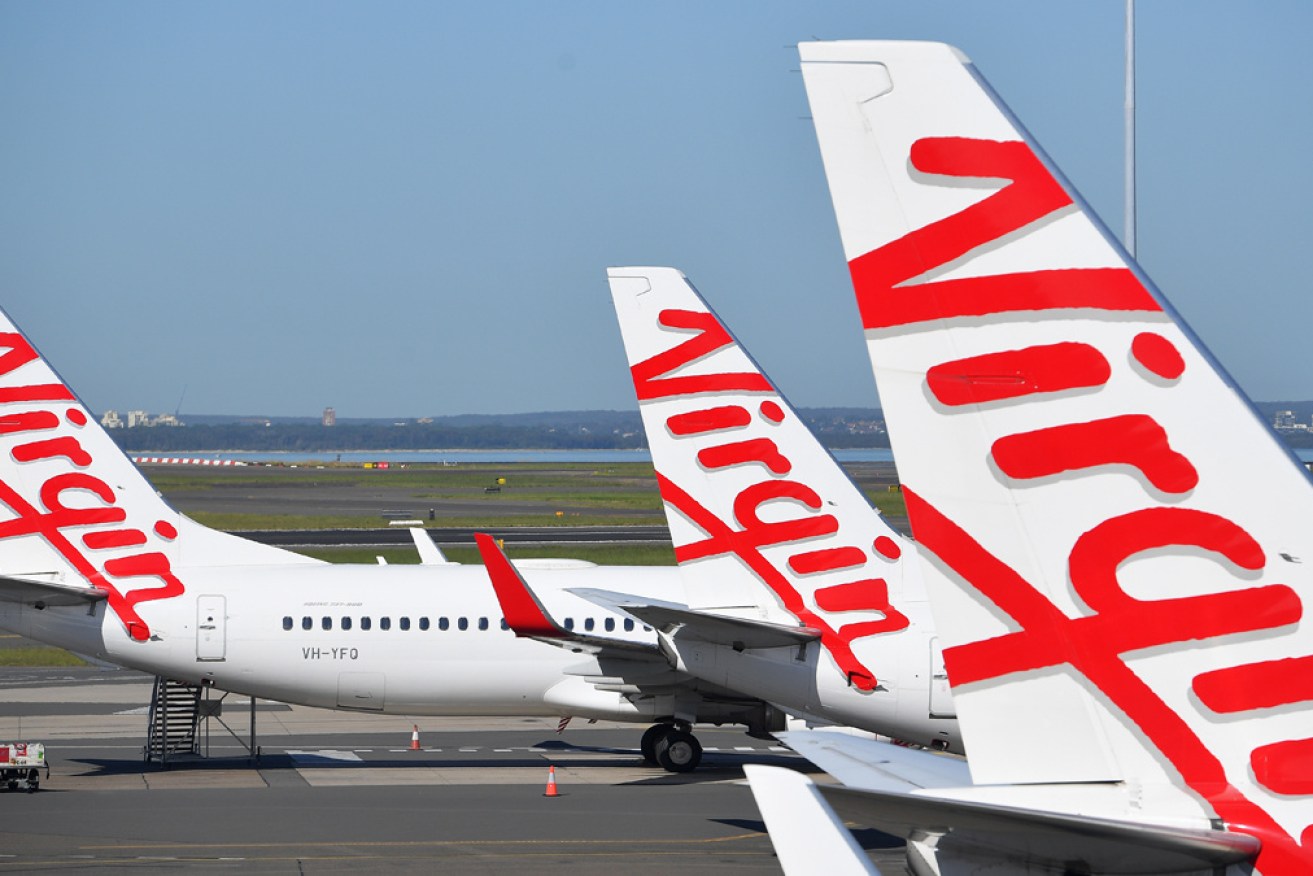
Virgin Australia will slash a third of its workforce as it looks to re-emerge from voluntary administration, but its boss says it won't go downmarket.
Virgin Australia boss Paul Scurrah is adamant the carrier will not become a downmarket, budget airline after announcing a third of its workers will go once it re-emerges from voluntary administration.
The airline will provide domestic and short-haul international flights after its administrator and investment group suitor Bain Capital get approval from creditors and once travellers return in the COVID-19 economy.
While Virgin is slashing costs, including dropping its current budget offshoot Tigerair, it intends to return to the lucrative business market, and won’t cede it to major rival Qantas.
“We’re not about to create a business travel monopoly (for Qantas) by exiting that space,” Mr Scurrah said during a teleconference on Wednesday.
Bain Capital had done a data-led study to determine how to best position the airline in a post-COVID-19 world.
“We know businesses do want to start travelling when the market recovers and there’s pent-up consumer demand,” Mr Scurrah said.
“You won’t see us go back to the days of Virgin Blue, cracking jokes and rolling toilet paper down the aisle.”
He said voluntary administration had allowed management to reset costs without taking the services down-market.
“In a post COVID world, business travel budgets will be impacted and people will be looking for value,” he said.
Mr Scurrah was unable to say which short-haul international routes the new look airline might serve due to COVID-19 uncertainty.
However, Bali, Fiji and other Pacific Islands are on its radar.
Long-haul international flights are part of plans, but demand for these services is expected to take years to recover.
About 3000 of 9000 jobs will go at Virgin, which has been hit by turmoil in the aviation market caused by the coronavirus pandemic.
But when the aviation market recovers, Virgin plans to pick up 2000 extra workers, although it warns that might not be for at least three years.
“Demand for domestic and short-haul international travel is likely to take at least three years to return to pre-COVID-19 levels, with the real chance it could be longer,” Mr Scurrah said.
Customers would notice some changes to services, according to Mr Scurrah, but these would be based on feedback from customers about what they don’t value.
“All airlines will look very different to how they do now,” he said.
Meanwhile, Virgin will streamline its fleet by shedding its Boeing 777s, Airbus A330s and Tigerair Airbus A320s, but it will retain its Boeing 737s and regional and charter aircraft.
It has closed airport lounges in Alice Springs, Wellington and one in Perth, and is considering closing more until demand improves.
The airline will combine its operations into its existing headquarters in Brisbane, which will move from Bowen Hills to Southbank.
Bain Capital has yet to take legal ownership of Virgin.
Administrators Deloitte will ask the Federal Court to extend the deadline for the second meeting of creditors to September 4, so they can consider Bain’s proposal.
Bain has agreed to pay full entitlements to workers made redundant, and will provide credits to customers whose flights were cancelled prior to administration.
Virgin had been struggling under billions of dollars worth of debt and the impact of the pandemic on the passenger jet market, which has led to the near-collapse of international travel and a huge slump in domestic markets.
-with AAP
